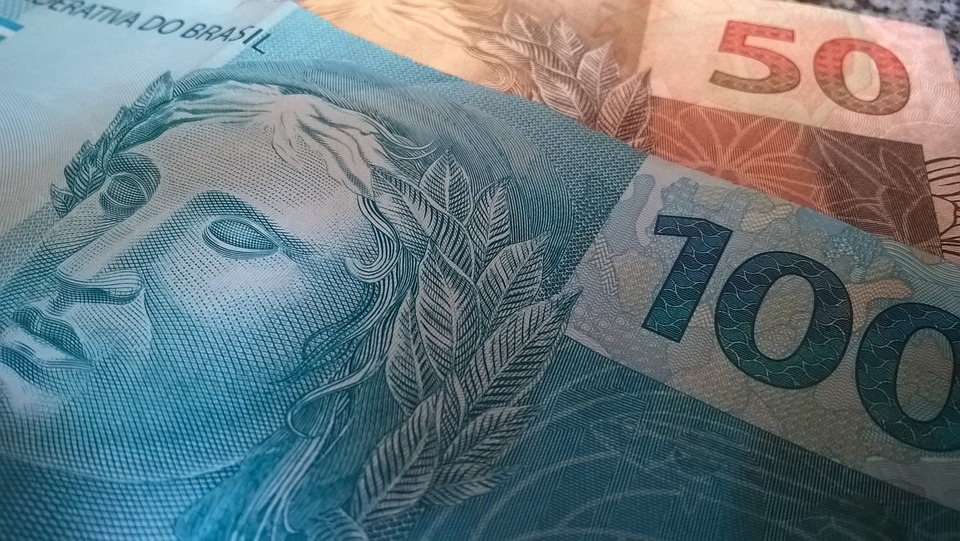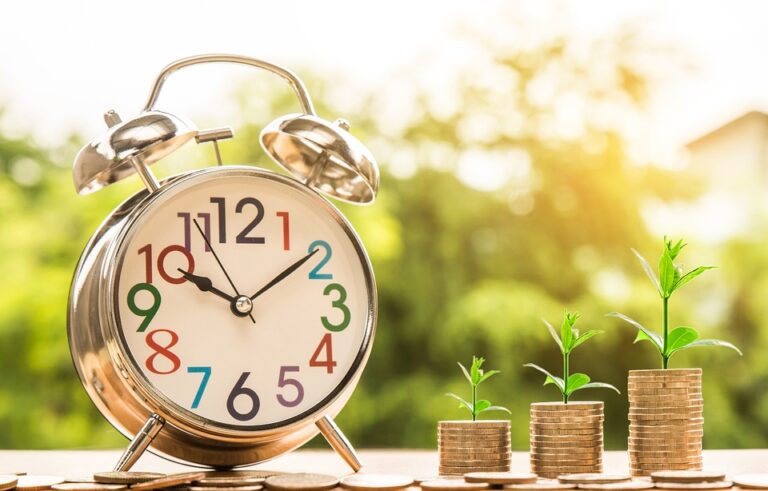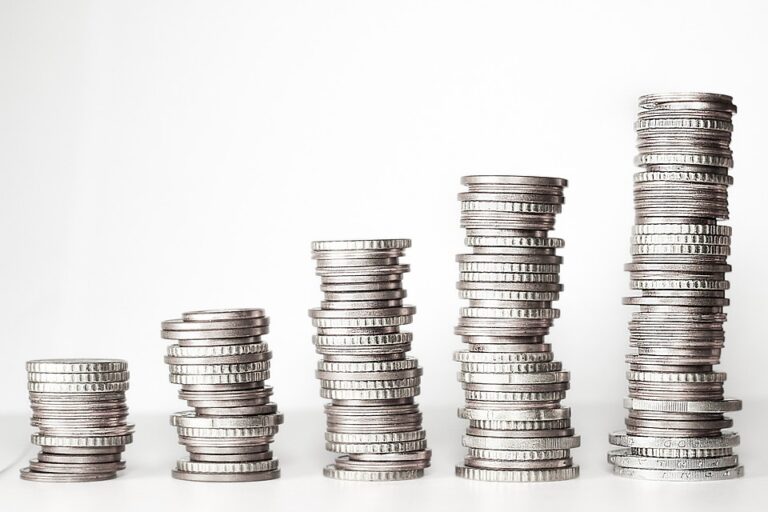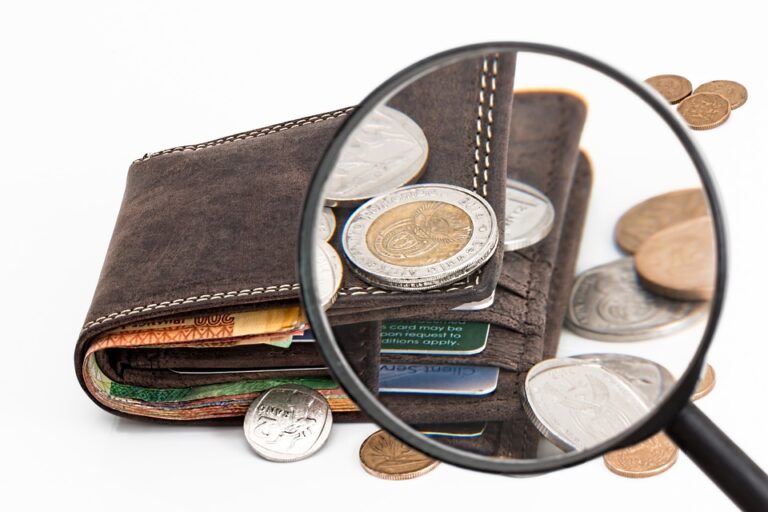Last updated Jun. 22, 2024 by Peter Jakes
How to Pay Off Your Credit Card Debt
Credit card debt can be a heavy burden, affecting not only your finances but also your mental well-being. Paying off this debt is possible with a structured plan and determined mindset. Here’s a comprehensive guide to help you navigate the process of eliminating credit card debt.
1. Evaluate Your Debt Situation
Before you can tackle your debt, you need to understand it fully. Make a comprehensive list of all your credit card debts, including balances, interest rates, and minimum monthly payments. This will give you a clear picture of your total debt and help you strategize the best approach for repayment.
2. Create a Budget
A well-constructed budget is essential for managing your finances and paying off debt. Start by tracking your monthly income and expenses to understand where your money goes. Identify areas where you can cut back and allocate that money toward your debt repayment.
3. Choose a Debt Repayment Strategy
Several strategies can help you pay off your credit card debt. Here are a few popular ones:
- Debt Snowball Method: Focus on paying off the smallest balances first while making minimum payments on larger ones. This method can build quick wins and momentum.
- Debt Avalanche Method: Prioritize paying off the debt with the highest interest rate first, which can save you money on interest over time.
- Debt Consolidation: Combine multiple debts into a single loan with a lower interest rate. This can simplify payments and potentially reduce interest costs.
4. Negotiate With Creditors
Contact your creditors to negotiate lower interest rates, waive fees, or even create a more manageable repayment plan. Many credit card companies are willing to work with customers to ensure they get paid, especially if you have a good payment history.
5. Boost Your Income
Consider ways to increase your income to accelerate debt repayment. This could involve taking on a part-time job, freelancing, selling unused items, or monetizing a hobby. Use any extra income exclusively for paying down your credit card debt.
6. Avoid Accumulating More Debt
While paying off your existing debt, avoid accumulating more by halting the use of your credit cards. Stick to cash or debit for purchases to ensure you don’t fall back into the habit of overspending.
7. Use Windfalls Wisely
Unexpected financial gains, such as bonuses, tax refunds, or gifts, should be directed toward your debt. While it can be tempting to splurge, using these windfalls to reduce your debt will benefit you more in the long run.
8. Seek Professional Help
If your debt feels unmanageable, consider seeking help from a credit counseling agency. These organizations can provide financial education, negotiate with creditors, and assist in creating a debt management plan.
9. Monitor and Adjust Your Plan
Regularly review your progress and adjust your repayment plan as needed. Celebrate small victories to stay motivated and dedicated to becoming debt-free.
FAQs
Q1: What is the best method to pay off credit card debt?
A1: The best method depends on your personal preferences and financial situation. The Debt Snowball Method is ideal for those motivated by quick wins, while the Debt Avalanche Method is better for those focused on minimizing interest payments.
Q2: Can I negotiate my credit card interest rates?
A2: Yes, you can negotiate your interest rates. Call your credit card company, explain your situation, and ask if they could lower your rate. They might agree, especially if you have a good payment history.
Q3: Is it a good idea to use a debt consolidation loan?
A3: Debt consolidation can be beneficial if it offers a lower interest rate and simplifies payments. However, it’s important to address the behaviors that led to the debt to avoid future financial issues.
Q4: How can I increase my income to pay off debt more quickly?
A4: Consider taking on a part-time job, freelancing, selling unused items, or turning a hobby into a side business. Direct all extra income towards your debt repayment.
Q5: Should I stop using credit cards entirely while paying off debt?
A5: Yes, it’s wise to stop using credit cards to avoid accumulating more debt. Use cash or debit cards to control spending and focus on paying off your current balances.
✓ Short Answer
Paying off credit card debt requires a clear understanding of your financial situation, a solid budget, and a strategic repayment plan. Use the Debt Snowball or Debt Avalanche method, negotiate with creditors, increase your income, and avoid accumulating new debt to eliminate your balance efficiently.
✓ Short Answer
Paying off credit card debt requires a clear understanding of your financial situation, a solid budget, and a strategic repayment plan. Use the Debt Snowball or Debt Avalanche method, negotiate with creditors, increase your income, and avoid accumulating new debt to eliminate your balance efficiently.
Paying off credit card debt is challenging but achievable. With careful planning and disciplined financial habits, you can regain control over your finances and work towards a debt-free future.






